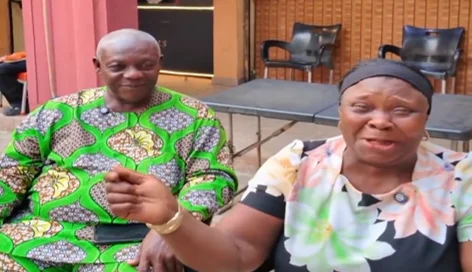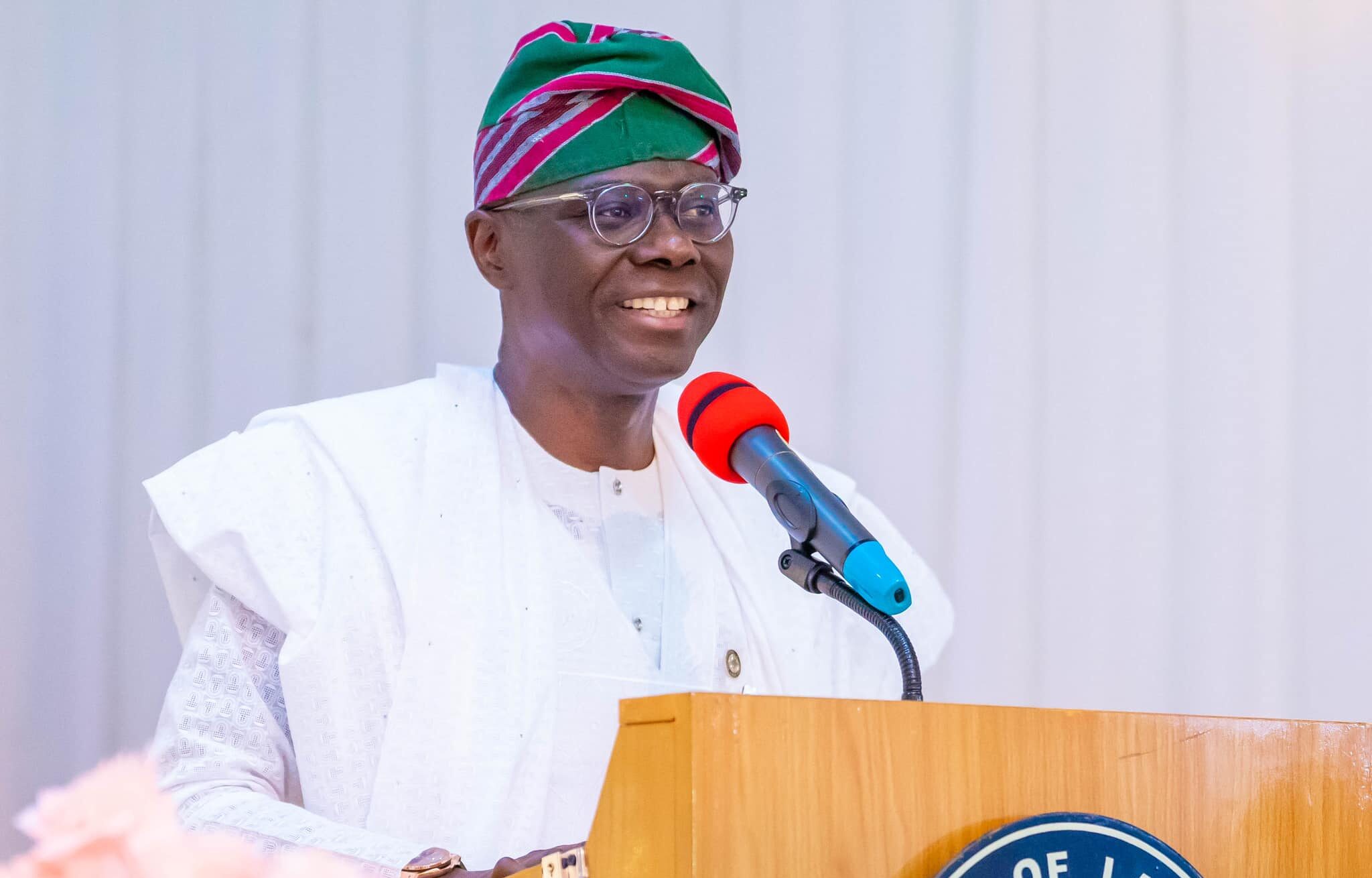The Independent National Electoral Commission (INEC) has explained why it charged ₦1.5 billion to process a Freedom of Information (FOI) request for certified copies of Nigeria’s National Register of Voters and polling unit details nationwide.
The request, made by the law firm Messrs V.C. Ottaokpukpu & Associates on October 8, 2025, asked INEC to provide the National Register of Voters covering all 36 states and the Federal Capital Territory, as well as the full list of polling units across the country.
INEC granted the request on October 13, 2025, but stated that fulfilling it would cost ₦1,505,901,750 — a figure that quickly drew public attention and criticism.
In a statement released on Thursday, the commission’s Director of Voter Education and Publicity, Victoria Eta-Messi, said the fee was in line with the Freedom of Information Act 2011, which allows public institutions to charge for the actual cost of producing and duplicating requested documents.
Quoting Section 8(1) of the Act, Eta-Messi explained, “Where access to information is to be given under this Act, the public institution may charge an amount representing the actual cost of document duplication and transcription.”
She added that the amount was calculated based on INEC’s internal guidelines for processing and issuing Certified True Copies (CTCs) of documents, as provided under Section 15 of the Electoral Act 2022. The approved rate, she said, is ₦250 per page.
“To put this in perspective,” INEC stated, “the National Register of Voters contains 93,469,008 registered voters nationwide, with 16 names per page. That amounts to about 6,018,661 pages. Printing details of all 176,848 polling units will require an additional 4,946 pages.
“In total, we are looking at 6,023,607 pages. At ₦250 per page, the total cost comes to ₦1,505,901,750.”
Read Also;
INEC recorded over 7.4 million pre-registrants in eight weeks
Senate confirms Amupitan as INEC chairman
The commission stressed that the fee only covers the direct cost of duplication and transcription — not administrative or service charges.
INEC reiterated its commitment to transparency and accountability, noting that its actions comply strictly with existing laws.
The commission’s clarification followed public backlash after the official letter approving the request — signed by INEC Secretary Rose Oriaran-Anthony — surfaced online on Wednesday night. The letter confirmed the approval and instructed the requesting firm to pay the stated amount through INEC’s Remita payment system before the documents could be released.
The ₦1.5 billion fee has sparked debate on social media, with many Nigerians questioning why such a high amount is needed in an age of digital record-keeping. Some argued that the cost was excessive and could discourage public access to information, while others defended INEC, pointing out that Certified True Copies must legally be printed, stamped, and authenticated — a process that incurs significant cost.




